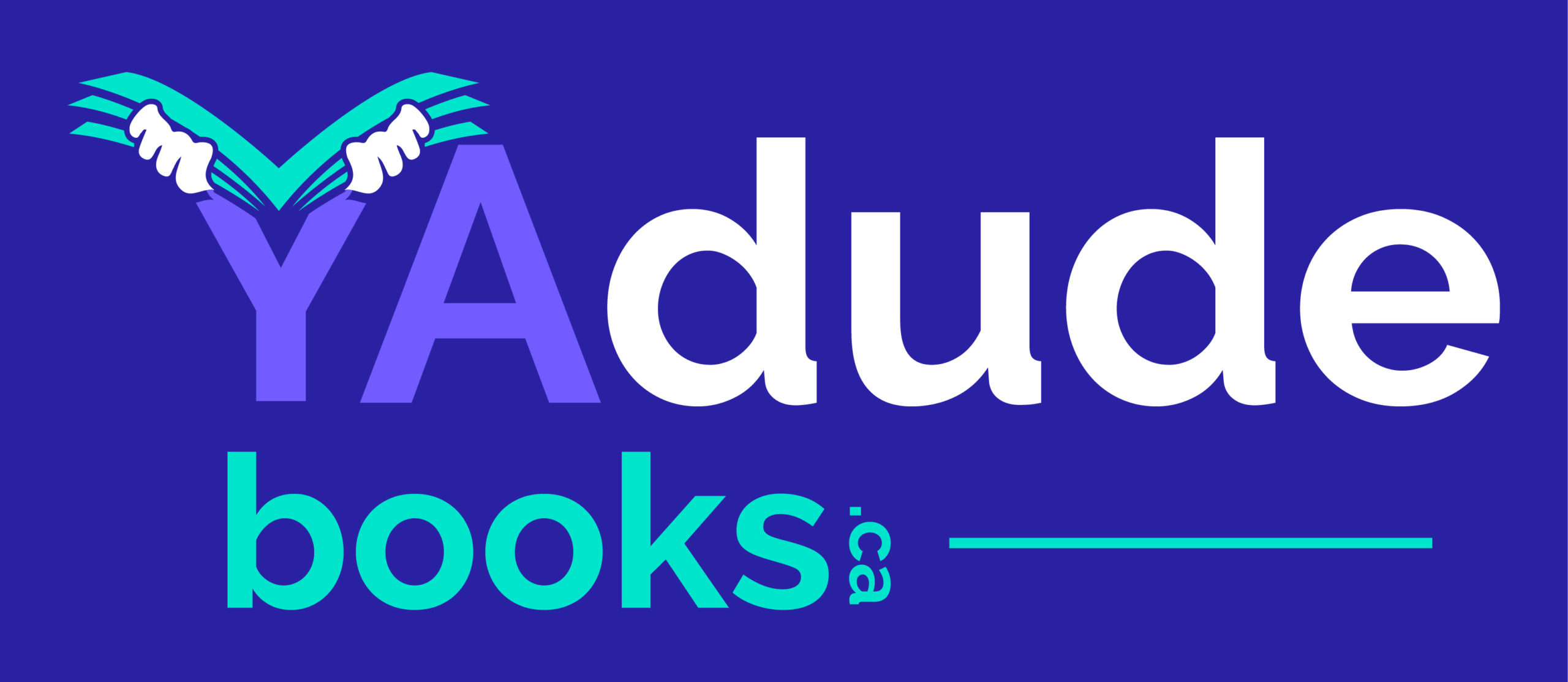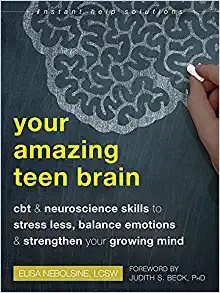Your Amazing Teen Brain: CBT & Neuroscience Skills to Stress Less, Balance Emotions and Strengthen Your Growing Mind
Genre: nonfiction | science | YA

Author: Elisa Nebolsine, LCSW
Publisher: New Harbinger
[widget id="post-tags-widget-2"]
Your teen brain is amazing! These fun and easy “brain hacks” will help you make the most of your growing mind, deal with ALL the feelings, build friendships and face life’s challenges with confidence.
As a teen, your brain is changing—a lot! Your feelings are bigger and more intense. Friends and peers are more important than ever before. You’re discovering who you are as a person, and what matters to you. And you’re also starting to understand how the world works—and not all of it is sunshine and roses. If you’re like many other teens, you may feel overwhelmed by these changes. And that’s okay!
In Your Amazing Teen Brain, you’ll find skills grounded in cognitive behavioral therapy (CBT) and neuroscience to help you take advantage of your growing mind, manage difficult emotions, build better relationships and face all the challenges of growing up—from academic pressure to social drama. You’ll also gain a better understanding of how your brain works and why the teen years are so intense, and find real skills you can use to stay cool when emotions take over.
Life as a teen is exciting and challenging, and your brain is energized and ready for change. With this unique guide, you’ll learn to make the most of your growing brain, so you can be your very best. What are you waiting for?
A very helpful and interesting book, it tackles how the teen brain differs from an adult brain, how it functions and how to face and manage some of the most common issue teenagers face today.
It is very timely as we face the COVID-19 pandemic. Aside from the virus itself, the mental toll of sudden changes has really affected as all. So, I think it is a really good read for young adults to fully understand their mind and how to effectively use it.
I like that the author explains the basic parts and functions of the brain, not overusing technical jargon; instead elaborating clearly so that readers can grasp the information without a background in neuroscience. The writing style ensures clear communication. The use of questions and expressions engage the reader effectively, bringing such messages as, "Let’s explore a technique you can use to put these insights into practice, called name to tame. I imagine you’re rolling your eyes as you read that, but it’s a legit strategy."
The book has plenty of examples about current teenage issues and offers suggestions on how to manage or overcome them. Suggestions are backed with scientific explanations in every chapter. I also would like to note the acknowledgement given after every phrase or sentence, to highlight the expert who worked on the concept.
Personally, I’ve had battles and struggles with anxiety the past couple of months, and reading this has opened up ideas and knowledge on what I am facing. Imagine if an adult like me has been helped by this book, how much more teenagers should try to read it. Again, I would definitely recommend this read to anyone. It is very helpful, informative, narrated well and therapeutic.
- Kevin Velayo
no-repeat;left top;; auto
